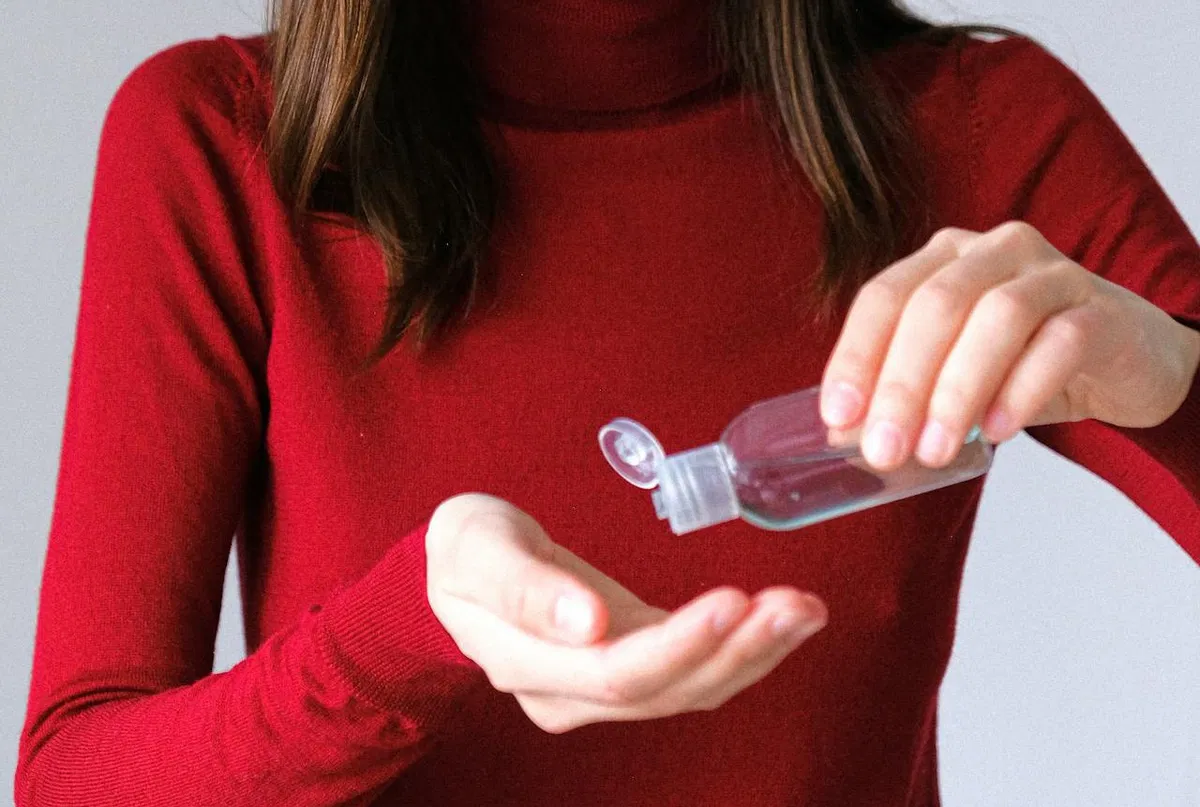Copyright euroweeklynews

During the height of the COVID-19 pandemic, when entering almost any shop, school or hospital, you would be asked to dispense some sanitiser gel into your hands. Hand sanitiser became a symbol of public safety. Now, that very substance is under scrutiny, as the EU considers classifying ethanol, a key ingredient in most sanitisers, as potentially carcinogenic, according to the Financial Times and Reuters. Ethanol in hand sanitiser under review for health risks On October 10, the European Chemicals Agency’s (ECHA) internal working group proposed that ethanol could pose cancer and pregnancy risks, sparking debate across the continent. The agency’s Biocidal Products Committee is expected to meet from November 25–28 to discuss its classification. If the committee concludes that ethanol is carcinogenic, it may recommend replacing it in certain products. However, ECHA clarified to FT that ethanol “might still be approved for its intended biocidal uses if considered safe in light of exposure levels or if no alternatives are found.” Alcohol-based sanitisers, containing ethanol, have been on the World Health Organization’s essential medicines list since the 1990s, and both the WHO and UK Health Security Agency (UKHSA) continue to deem them safe for routine hand hygiene. Hand sanitiser gel, the pandemic habit that caught on A 2022 study in the Journal of Exposure Science & Environmental Epidemiology found that during the pandemic, children in schools used hand sanitiser up to 25 times per day, while adults used it around nine times daily. Sales of sanitiser soared (up 792 per cent in March 2020 compared to the year before), according to Statistics Canada. Hand gels became as abundant as masks, with dispensers mounted at almost every public doorway and transport hub. But frequent use wasn’t without issues. Poison control centres in Canada saw a 400 per cent rise in calls linked to sanitiser exposure during the early months of COVID-19. Eye irritation, accidental ingestion by children and skin inflammation were among the most common complaints. In 2020, the European Commission issued emergency guidance allowing rapid production of alcohol-based hand disinfectants under the Biocidal Products Regulation (EU 528/2012). Manufacturers were permitted to convert factories – including breweries – into temporary sanitiser producers to meet demand. The guidance distinguished between cosmetic “hand cleaners” and biocidal “hand disinfectants”, the latter being strictly regulated for their pathogen-killing claims. Industry expert opinions on ethanol safety Industry groups argue that the science behind the ethanol reclassification is weak. Nicole Vaini, EU Affairs Director of the International Association for Soaps, Detergents and Maintenance Products, told FT there are “no studies focused on ethanol specifically – the only human data available concerns alcohol consumption.” Experts warn that removing ethanol could have serious consequences for hospital hygiene. Dr Alexandra Peters of the University of Geneva and the Clean Hospitals Network told FT, “Healthcare-associated infections kill more people globally every year than malaria, tuberculosis and AIDS combined. Hand hygiene, especially with alcohol-based hand rub, saves 16 million infections worldwide per year.” She added that alternatives such as isopropanol are “even more toxic,” and switching production on short notice would be near-impossible. What the FDA says in the US Across the Atlantic, the U.S. Food and Drug Administration (FDA) maintains that alcohol-based sanitisers remain safe and vital for public health when made correctly. However, it has issued multiple recalls for products contaminated with toxic substances like methanol and 1-propanol. The agency advises consumers to avoid sanitisers containing methanol or without clear manufacturer information. According to the past FDA official guidance: “If soap and water are not available, use an alcohol-based hand sanitiser that contains at least 60 per cent ethanol. Do not use any product on the FDA’s ‘Do Not Use’ list.” The list has not had any more entries since 2023. ‘This page is no longer being updated. Visit the drug recalls page or search FDA’s recalls database for additional hand sanitizer recalls. You also can find information on inspections and other FDA actions on the data dashboard.’ The FDA emphasises that ethanol itself is not classified as carcinogenic in its consumer product guidance but stresses the importance of manufacturing purity – a distinction that could shape how Europe approaches its own review. If ethanol is reclassified in Europe, many common sanitisers and cleaning products could disappear from supermarket shelves, replaced by costlier or less effective alternatives. Public spaces, from airports to healthcare centres, may need to adapt hygiene practices once again. As the ECHA prepares its late-November meeting, the EU’s post-pandemic reckoning with sanitiser safety continues to evolve – a reminder that even well-intentioned public health tools can sometimes leave a somewhat complicated legacy. View all health news.



